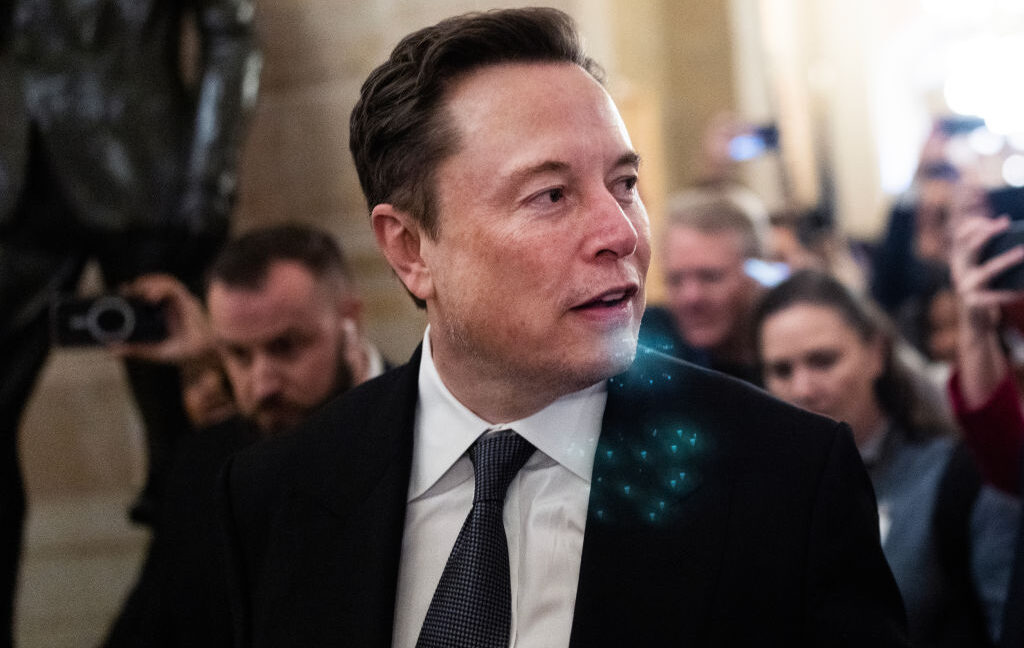The European Commission (EC) is planning to "energetically" advance its probe into content moderation on X (formerly Twitter), potentially ordering changes at Elon Musk's social network in the coming months, Bloomberg reported.
Since 2023, the EC has been investigating X for possible violations of the Digital Services Act (DSA). Notably, it's the group's first formal probe under the DSA, which requires very large online platforms to meet strict content moderation and transparency standards to ensure user safety, reduce misinformation, prevent illegal/harmful activity, and facilitate "a fair and open online platform environment."
In a letter to European lawmakers viewed by Bloomberg, EC tech commissioner Henna Virkkunen and justice chief Michael McGrath apparently confirmed that the investigation into X will end “as early as legally possible."
When the sweeping probe was first announced, the EC explained it would investigate X "in areas linked to risk management, content moderation, dark patterns, advertising transparency, and data access for researchers."
At that time, the EC was concerned about "the dissemination of illegal content in the context of Hamas' terrorist attacks against Israel" on X. The investigation is partly focused on X's potential failure to detect and remove illegal content required by the DSA, as well as on the effectiveness of X's Community Notes and other "related policies mitigating risks to civic discourse and electoral processes."
Since then, Musk has become more heavily involved in right-wing politics, campaigning for US president-elect Donald Trump and increasingly using X to support right-wing figures globally, most recently in a posting rampage concerning United Kingdom "grooming gangs." The Financial Times reported that Musk's UK posts appeared to be fueled by a few X accounts that seemingly appeared on his "For You" page, with one former Twitter exec in Europe, Bruce Daisley, suggesting that "Musk has seemingly become the first tech leader to fall down the rabbit hole of radicalization by his own product.”
Musk also took to X to endorse German far-right leader Alice Weidel, Bloomberg noted, which could potentially be a problem if Musk's platform is found to be favoring right-wing voices and skewing civic discourse in the EU.
On Thursday, Musk will host a live-streamed interview with Weidel, and the EC plans to watch it closer than most, seeking "to see if X’s algorithms are used to deliberately boost the live-stream, which would potentially be in breach of the DSA," Bloomberg reported.
There's no deadline to conclude the probe. But EC leaders have signaled that its end could be near. If the EC concludes that X violated the DSA, X could be hit with fines of up to 6 percent of its global revenue or be ordered to make changes to comply with the strict law.
X could also voluntarily make changes if remedies are requested. In 2023, X said it was "committed to complying with the Digital Services Act and is cooperating with the regulatory process," while emphasizing that "it is important that this process remains free of political influence and follows the law."
In the EU, some officials are worried that Musk might possibly be controlling X to boost conservative narratives and influence elections—and that the EC potentially isn't acting fast enough to protect the democratic process.
Bloomberg noted that French Foreign Minister Jean-Noel Barrot has urged the EC to "use the tools that we’ve given it democratically a lot more robustly to discourage this sort of behavior."
"Either the European Commission applies the laws we’ve created to protect the public sphere with the utmost firmness, or it doesn’t, in which case it must agree to return the ability to do so to EU member states," Barrot said.


